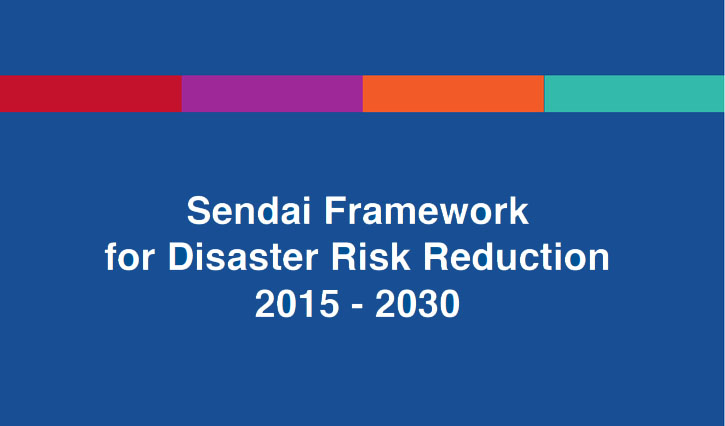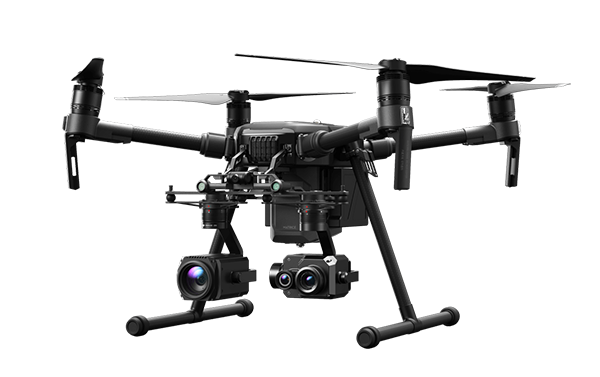A number of significant events took place within the framework of the Regional forum-Meeting of the Heads of Emergency Authorities of Central Asian countries
On August 14, within the framework of the Regional Forum - Meeting of the Heads of emergency authorities of Central Asian countries, the sixth joint meeting of the collegiums of the Ministry of Emergency Situations of the Kyrgyz Republic and the Ministry for Emergency Situations of the Republic of Kazakhstan was held in Bosteri of Issyk-Kul region.
The meeting was chaired by the Minister of Emergency Situations of the Kyrgyz Republic, Major General Boobek Azhikeev, and the Minister for Emergency Situations of the Republic of Kazakhstan, Major General Chingis Arinov.
The practice of such events is aimed at strengthening and monitoring the implementation of decisions of the 5th joint meeting of the collegiums aimed at preventing and response to natural and man-made emergencies.
The participants paid special attention to the issues of prompt exchange of information on emergencies between the Crisis Management Centers of the two ministries, the use of innovative methods of monitoring, warning and forecasting emergencies, as well as the continuation of the practice of conducting joint exercises and trainings on emergency response.
In their reports, both sides noted the active participation of the Center in increasing the level of preparedness of units of both ministries to quickly respond to emergencies and improve search and rescue skills, emphasizing the need to use mutual assistance.
The parties also emphasized that currently innovative information and communication technologies play a key role in increasing the efficiency of emergency response services in Kazakhstan and Kyrgyzstan. Active use of geographic information systems, unmanned aerial vehicles and Earth remote sensing technologies will make it possible to timely identify threats, including transboundary hazards.
On the same day, a meeting of the Working Group (experts) of the Regional Forum-Meeting of the Heads of Emergency authorities of Central Asian countries took place.
Experts from Central Asian countries discussed and agreed on draft documents proposed for approval by the heads of emergency authorities of Central Asian countries.
These documents were developed taking into account the needs of emergency of the Central Asian countries and are aimed at further strengthening regional cooperation in disaster risk reduction and strengthening preparedness to respond to emergency situations, especially those of a transboundary nature.
At the end of the day, within the framework of the UNDRR project “Sub-regional implementation of the Sendai Framework in Central Asia” to achieve the global targets defined by the Sendai Framework for DRR on2015-2030, instructional and methodological classes were conducted on monitoring the implementation of the Sendai Framework for DRR for 2015-2030 for representatives of emergency authorities of Central Asian countries.





















